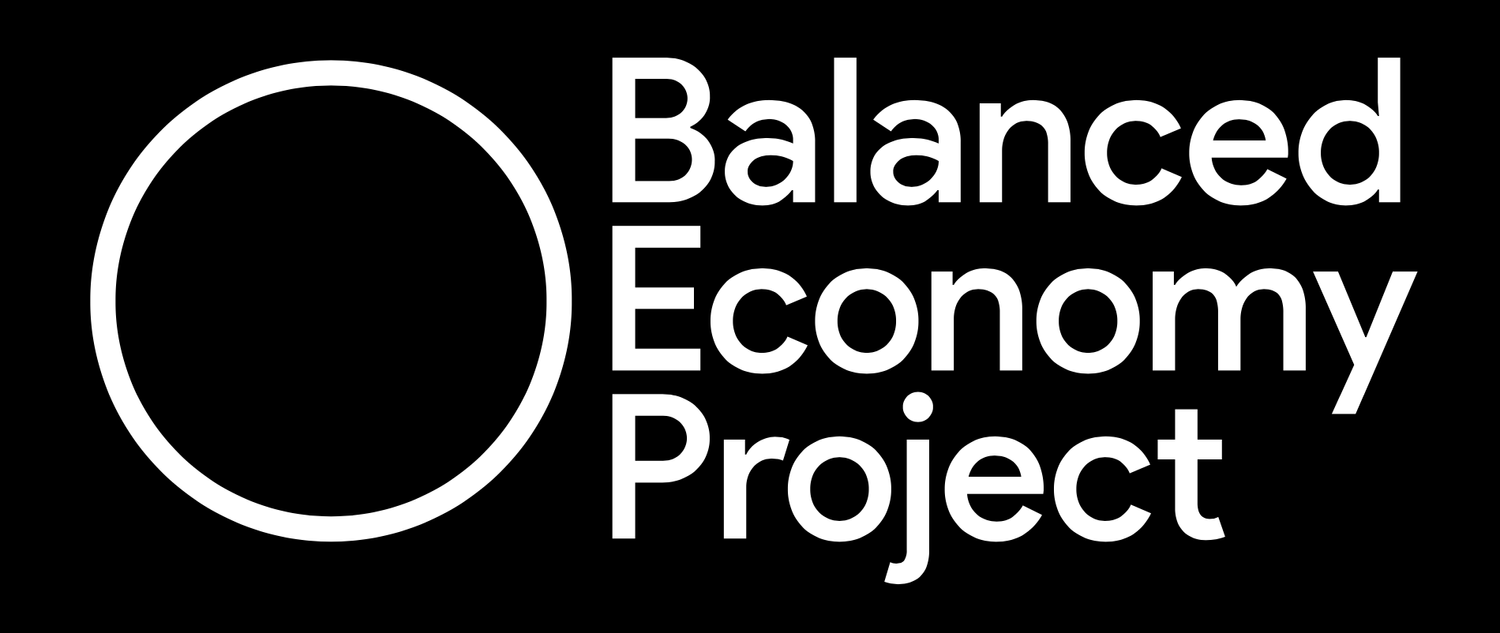Amazon's European Chokehold
Our close colleagues at SOMO, the Netherlands-based Centre for Research on Multinationals, have released a powerful new report on Amazon, revealing how it has amassed extraordinary power over European sellers using its platform, and is abusing that power, sucking billions out of large swathes of European economies. (There are nice write-ups in The Guardian and Der Spiegel.)
We have helped SOMO with the report, and we reproduce their press release, below.
PRESS RELEASE
Amazon’s chokehold on independent online sellers in Europe
How Amazon gets away with exploitative treatment of its sellers
New research by SOMO reveals the immense market power of Amazon in Europe and the revenue it derives from it. In most of Europe’s biggest economies, Amazon is the main route for independent businesses to access online shoppers. Amazon’s dominance allows the company to get away with extractive and exploitative treatment of sellers on its platform.
By analysing Amazon’s corporate structure in Europe, its financial reports, and the findings of competition investigations, SOMO found that:
In 2022, Amazon raked in €23.5 billion in listing and logistics fees from independent sellers in Europe. This was more than triple the €7.6 billion in 2017.
To this, Amazon added an estimated €2.75 billion in advertising revenue from independent sellers in 2021. Since 2017, Amazon’s overall European advertising revenue has grown 17-fold.
Altogether, in 2021 Amazon’s revenue from European sellers amounted to €24.95 billion. Amazon’s European marketplace is so large if it were spun off into a separate company, the new firm would immediately become Europe’s third-biggest tech company by revenue.
In this period, Amazon has also continuously increased the price of logistics services. The increases varied, but they could be as high as more than double in some categories.
Monopolistic hold
“For the past 20 years, Amazon has been expanding its monopolistic hold over online shopping in Europe. It is now so dominant that independent retailers who wish to sell online cannot avoid it. Sellers are locked into the platform and are essentially a captive clientele, making them a profitable source of monopoly rent”, says Margarida Silva, researcher at SOMO.
Amazon argues that the increase in fee revenue results from higher sales. However, the numbers the company provides show a slower rise in sales than the increase in the fees that Amazon charged from sellers.
Higher sales are only part of the story. Prices for services such as logistics (Fulfilment by Amazon) have also been constantly raised, and advertising was made essential to achieve visibility and sales.
“Whilst the technological innovation and advances made by Amazon are undeniable, these have come at a cost; one of monopolistic and monopsonistic control over the marketplace, changing the internet from a place of genuine free market competition to one dominated by a single company able to take full advantage of its dominant position.
This report by SOMO is a very important document. It highlights issues that have been ignored for far too long that need addressing by governments and legislators sooner rather than later. Until then Amazon will continue to take advantage of its position entirely untempered by the voices of free market reason and fairness”, says Richard Allen of Retailers Against VAT Abuse Schemes (RAVAS).
Competition authorities
Competition authorities across Europe, including in Italy, the EU and the UK, have started probing the company for abuses of its dominance. The EU and Italian investigations show the company used sellers’ data to compete against them and pushed them into buying logistics services. A similar investigation is ongoing in the UK.
In Germany, Amazon has long been the focus of the Bundeskartellamt. Already in 2013, the agency forced the company to remove price parity clauses from its contracts with sellers. It is again investigating whether the company is reproducing the price parity policy via its automated tools.
Despite increased scrutiny from competition authorities across the EU, the conflict of interests that lies at the root of Amazon’s monopoly power and wealth has not been addressed.
A fair digital transition
European competition authorities and policy-makers must either strictly regulate Amazon as a public utility or break up its different businesses to prevent conflicts of interest between its role as a platform intermediary, seller, and service provider.
“To achieve a fair digital transition, European regulators need to break up the excessive market power wielded by corporations like Amazon. Europe needs to sharpen its antitrust tools, revive structural solutions and put them to work”, says Margarida Silva, researcher at SOMO.
You can read the full report here.
NOTE: SOMO research had already shown how Big Tech firms like Amazon, Google, and Meta relied on financialisation techniques and mergers and acquisitions to engineer digital monopolies. See our report The Financialisation of Big Tech and the long read on the iRobot merger.
Contact: Jenny Pannenbecker (communications), j.pannenbecker@somo.nl, + 31 (0)6 86 27 76 55

